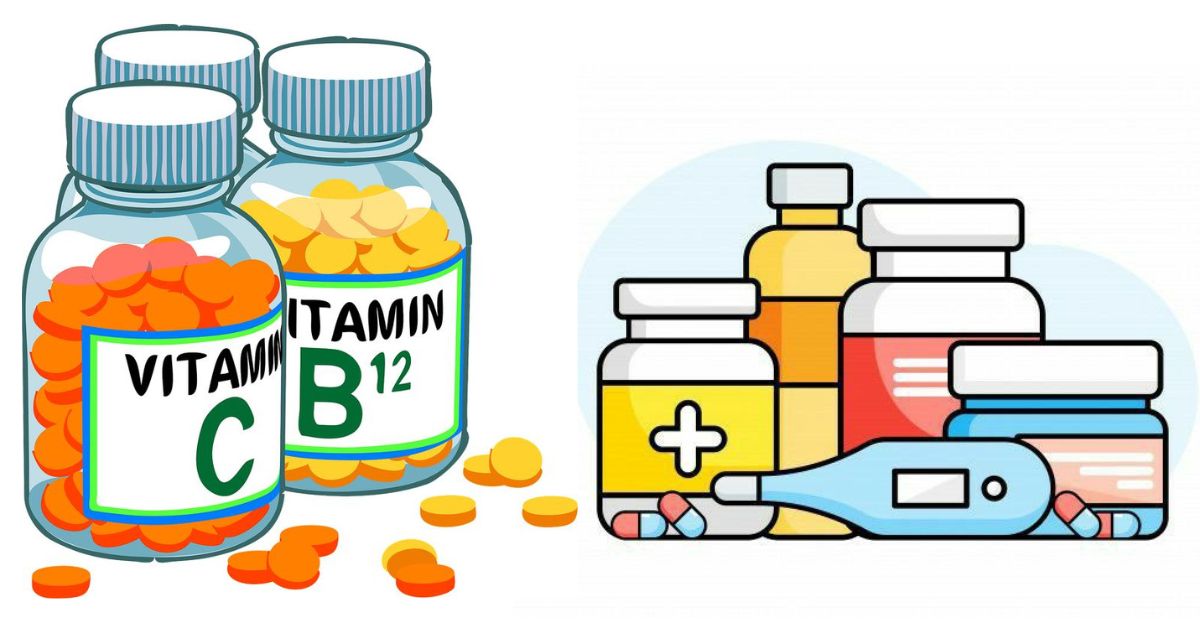Medication that is kept in bottles for convenience of usage and transportation is known as bottle pills. These bottles, which are frequently composed of glass or plastic, have labels on them that include crucial details about the medication within. People take bottle pills for a range of ailments, from straightforward headaches to more serious diseases.
Why Are Bottle Pills Popular?
The ease of use and convenience of bottle pills contribute to their popularity. The pills are shielded from air, light, and moisture in the bottles, which could reduce their effectiveness. People may easily take their medication with them wherever they go because they are also lightweight and portable. Many people prefer bottle pills over other kinds of medication because of their convenience.
Types of Bottle Pills
Bottle pills are available in a wide variety of forms. Certain medications, such as pain relievers and cold remedies, are available over-the-counter. Some are prescription medications that a physician recommends for particular medical issues. Vitamins and nutritional supplements that people take to enhance their health can also be found in bottle tablets. Every kind of medication has a distinct function, therefore it’s critical to use them appropriately to achieve the finest outcomes.
How to Store Bottle Pills Properly
To maintain the effectiveness of bottle medicines, proper storage is essential. Pills should be stored out of direct sunlight and dampness in a cool, dry location. The majority of bottles feature a child-resistant cap to shield the tablets from inadvertent ingestion by young ones. Additionally, it’s critical to keep the bottles well capped to keep out moisture and air.
Reading the Label
It’s imperative to read the label on each pill bottle for safety reasons. Important details including the medication’s name, dosage, administration schedule, and any cautions or adverse effects are all provided on the label. It’s crucial to carefully follow the directions on the label. It is preferable to speak with a doctor or chemist if you have any queries or concerns regarding the drug.
The Importance of Expiry Dates
There’s a reason why medications in bottles have expiration dates. They specify the cutoff point beyond which the medication might lose some of its potency. It can be risky to utilise outdated medications since the active components might have degraded. Before taking any prescription, always make sure to check the expiration date. If the deadline has passed, properly dispose of the pills..
Common Mistakes with Bottle Pills
One common mistake with bottle pills is taking the wrong dose. It is easy to misunderstand the instructions or forget how many pills have already been taken. Another mistake is not finishing a prescribed course of medication. This can be dangerous, especially with antibiotics, as it can lead to antibiotic resistance. It’s important to take all medications exactly as prescribed by a healthcare provider.
Advantages of Bottle Pills Over Other Forms
Compared to liquids or injectables, bottle pills provide a number of advantages. They are perfect for traveling because they are lightweight and don’t need to be refrigerated. In addition, pills last longer in storage than certain liquid drugs. Furthermore, a lot of people—especially young patients and the elderly—find it easier to swallow pills than liquid medications.
Disadvantages of Bottle Pills
Bottle pills have certain drawbacks despite their convenience. It might be difficult for some people to swallow tablets, which makes taking medication difficult. Furthermore, with time, tablets may become less effective if improperly maintained. Additionally, there’s a chance that kids will inadvertently obtain and swallow medicines, which can be harmful.
How to Dispose of Bottle Pills Safely
It’s critical to dispose of bottle medicines properly to protect the environment and other people. It is not advisable to flush or toss medicines down the toilet since this can contaminate water sources. Take-back services are provided by many pharmacies, allowing customers to return any unwanted drugs for secure disposal. If you can’t do this, combine the pills with something unsightly, like old coffee grounds, and store them in a sealed bag before discarding them.
The Future of Bottle Pills
Bottle pills appear to have a bright future because to improvements in labeling and packaging. To make child safety caps better and labels simpler to see for those with low vision, new technologies are being explored. In an effort to cut down on plastic waste, packaging is also moving toward more sustainability. Bottle pills are intended to be safer, more convenient, and environmentally friendly with these advancements.
Conclusion
Pills in a bottle are a common and practical method of taking medication. Many individuals choose them because they are convenient to use, store, and transport. To make sure they continue to work well and don’t present any hazards, it’s crucial to use, store, and dispose of them appropriately. Proper usage of bottle pills can help people stay healthy and get the most out of their drugs.
FAQs
What are bottle pills?
Bottle pills are medications stored in bottles for easy use and protection from the elements.
Why are bottle pills so common?
They are common because they are convenient, easy to use, and protect the medication from damage.
How should bottle pills be stored?
Store them in a cool, dry place away from sunlight and moisture, and keep the bottle tightly closed.
What should I do if my bottle pills are expired?
Do not use expired pills. Check the expiry date and dispose of them properly if they are past their date.
How can I safely dispose of bottle pills?
Use pharmacy take-back programs or mix them with unappealing substances and seal them in a bag before disposal.











